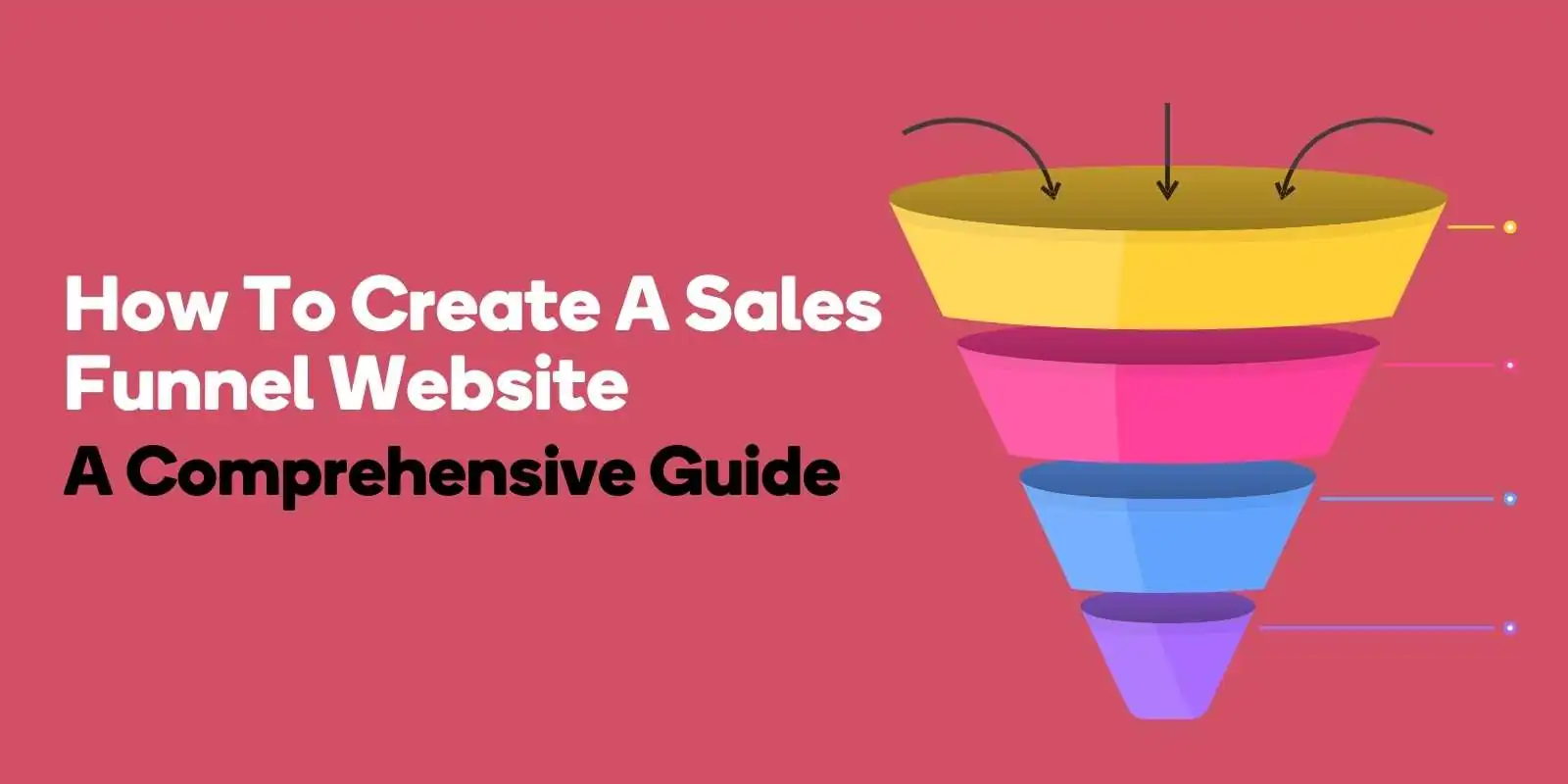This comprehensive guide on “why and how to use local keywords for SEO success” will walk you through the importance of local keywords, strategies for effective local keyword research, and actionable tips to optimize your on-page and off-page SEO.
The Importance of Local Keywords in SEO
Local keywords are the foundation of a successful local SEO strategy. They allow businesses to target a specific local audience, catering to their unique needs and preferences.
By incorporating relevant local keywords, businesses can improve their local search visibility and drive more traffic to their websites. This, in turn, results in increased foot traffic, inquiries, and ultimately, sales.
So, how can one conduct local keyword research and optimize their website for local search results?
This blog post will delve into the various strategies and tools available to help you harness the power of local keywords for SEO success.
Targeting Local Audience
Local keywords are the key to connecting with a specific local audience. By optimizing your website for local search terms, you can generate more relevant leads and increase the likelihood of conversions.
Geo-specific keywords are particularly important as the majority of people prioritize proximity to their residence and the quality of the service when searching for local services.
In fact, research has shown that the usage of “near me” search term variations has increased dramatically in recent years, making targeting a combination of high-volume and local keywords a beneficial approach.
To better understand your local market, broaden your search to include neighboring locations to generate a sensible amount of traffic with strong purchase intent.
Utilize tools like Nielsen’s Zip Code Lookup tool to gain insights into your target neighborhoods and demographics, such as median income, age, and consumer spending for a specific zip code.
By aligning your website’s content with the target audience’s search queries and location(s), you can ensure your local keyword research strategy remains effective in local search results.
Boosting Local Visibility
Local keywords play a crucial role in enhancing local search visibility and escalating website traffic. To identify the most effective local keywords for your business, it’s essential to understand your local market, analyze your competitors, and utilize keyword research tools.
Once you’ve identified the right local keywords, you can optimize your on-page elements, such as title tags and meta descriptions, headers and content, and image alt text and URLs.
This will improve your chances of appearing in local organic search results and create a strong local online presence for your business.
Optimizing off-page SEO with local keywords is equally important to boost your local visibility. Strategies such as local link building, optimizing your Google Business Profile listing, and encouraging online reviews and citations can greatly impact your local search rankings.
By implementing these strategies, you can effectively target potential customers in your area and drive more traffic to your website.
Strategies for Effective Local Keyword Research
Successful local keyword research is critical for identifying pertinent keywords that target a precise local demographic and enhance local search visibility.
In this section, we’ll explore various strategies for effective local keyword research, including understanding your local market, competitor analysis, and utilizing keyword research tools.
Understanding Your Local Market
To find relevant local keywords, it’s essential to analyze the local market, its demographics, and customer preferences. Start by asking questions concerning your customers’ demographics, preferences, and objectives.
For example, if you own a flower shop, consider the name of the town or area within 10 to 15 miles of your business as a potential local keyword.
By understanding the unique needs and preferences of your target audience, you can tailor your local keyword research to generate more relevant leads and boost your local search visibility.
Competitor Analysis
Studying your competitors’ local SEO efforts is crucial for identifying potential keyword opportunities. By analyzing their strategies, you can gain insights into the local audience and their requirements, as well as the competition in the local market.
Utilize tools like I Search From or simply search a local keyword in Google to identify your most significant online competitors in local SEO.
Additionally, you can use tools like Semrush’s Keyword Gap tool to evaluate your rivals’ most relevant keywords. By understanding your competition, you can refine your own local SEO strategy and capitalize on any untapped keyword opportunities.
Utilizing Keyword Research Tools
Several tools are available for local keyword research, such as Google’s Keyword Planner, Semrush, and complimentary tools like Ubersuggest.
These tools provide valuable data such as search volume, keyword difficulty, SERP analysis, and related keywords or questions.
By using these tools to identify high-volume, low-difficulty local keywords, you can optimize your website for local search and improve your chances of ranking in local search results.
Additionally, tools like GeoRanker, Wincher, Rank Tracker by SEO PowerSuite, Nightwatch, and SEMrush can be used to track local keyword rankings and measure the success of your local SEO efforts.
Implementing Local Keywords in On-Page SEO
Optimizing on-page elements with local keywords is crucial for creating local organic search results.
In this section, we’ll discuss how to incorporate local keywords into your title tags and meta descriptions, headers and content, as well as image alt text and URLs to enhance local search visibility and improve your overall local SEO performance.
Title Tags and Meta Descriptions
Incorporating local keywords in title tags and meta descriptions is essential for successful local SEO.
These elements help search engines understand the context of your web page and can significantly impact your page’s visibility in search engine results.
Ensure your title tags and meta descriptions are not only engaging, but also include relevant local keywords related to the content of the web page they describe.
By optimizing these elements with local keywords, you can guarantee that your website will be more likely to appear in local search results, driving more traffic and potential customers to your business.
Headers and Content
Effective use of local keywords within headers and content is vital for on-page SEO optimization. While incorporating local keywords, ensure that your content remains informative and engaging, without resorting to keyword stuffing.
Consistency in NAP (Name, Address, Phone Number) is also critical for local SEO success, as it allows search engines to accurately recognize and rank your business.
By strategically placing local keywords in headers and content, you can improve your local search rankings and create a strong online presence for your business.
Image Alt Text and URLs
Optimizing image alt text and URLs with local keywords can further boost your search engine visibility.
Image alt text and URLs are HTML attributes that provide supplementary information regarding an image, assisting search engines in comprehending the context of the page.
To optimize these elements, use descriptive alt text that includes the local keyword and relates to the topic of the page.
Additionally, customize the image file names to include the local keyword to enhance your on-page SEO. By optimizing image alt text and URLs, you can improve your local search engine rankings and attract more potential customers to your website.
Optimizing Off-Page SEO with Local Keywords
In addition to on-page SEO, optimizing off-page SEO with local keywords is crucial for businesses looking to improve their local search engine rankings.
In this section, we’ll explore various strategies for enhancing off-page SEO using local keywords, such as local link building, Google Business Profile optimization, and online reviews and citations.
Local Link Building
Local link building is an essential aspect of off-page SEO optimization. Building a strong local link profile can significantly improve your local search rankings and overall online presence.
Some effective local link building strategies include acquiring links from authoritative local websites, generating local content, claiming unlinked brand mentions, and emphasizing NAP/citation consistency and social listening.
By focusing on these strategies, you can build a robust local link profile that will help boost your local search visibility and drive more traffic to your website.
Google Business Profile Listing Optimization
Optimizing your Google Business Profile listing with local keywords is crucial for local SEO success.
A well-optimized Google Business Profile listing can improve your rankings in the local pack and Google Maps, providing users with the most relevant information about your business.
To optimize your listing, ensure that your business name, address, phone number, and website URL are accurate and consistent across all platforms and websites.
Additionally, add relevant keywords to your listing to help customers discover your business more easily.
Online Reviews and Citations
Online reviews and citations play a significant role in local SEO. They provide powerful SEO signals through brand mentions and account for 11 percent of local pack-ranking factors.
Encouraging online reviews and ensuring your business information is consistent across all citations can help strengthen your local visibility.
To incorporate local keywords, ensure that your name, address, phone number, and website URL are accurate and consistent across all citations.

Award-Winning
Sales Funnel & Website Expert
Discover How My Agency Can Grow Your Business
- Website: Our websites are the perfect blend of form and function.
- Sales Funnel: We build sales funnels that turn leads into customers.
- SEO: Get found online with our expert SEO services.
By focusing on online reviews and citations, you can improve your local search engine rankings and create a strong online presence in your local market.
Monitoring and Measuring Local SEO Success
Monitoring and measuring local SEO success is essential to evaluate the effectiveness of your local keyword strategy and make necessary adjustments.
In this section, we’ll discuss methods to track the performance of local keywords and overall local SEO efforts, including tracking keyword rankings and analyzing traffic and conversions.
Tracking Keyword Rankings
Monitoring local keyword rankings is crucial for evaluating the efficacy of your local SEO campaigns and detecting any potential ranking declines.
Various tools such as GeoRanker, Wincher, Rank Tracker by SEO PowerSuite, Nightwatch, and SEMrush can be used to track local keyword rankings and provide valuable insights into your local SEO performance.
By regularly tracking your local keyword rankings, you can make necessary adjustments to your SEO strategy and ensure your business remains competitive in the local market.
Analyzing Traffic and Conversions
Measuring the impact of local keywords on website traffic and conversions is essential for evaluating the success of your local SEO efforts.
Utilize tools like Google Analytics to monitor metrics such as organic search traffic, bounce rate, dwell time, time on page, site speed, traffic from mobile devices, organic conversion rate, and ROI.
By analyzing this data, you can gain insights into the effectiveness of your local SEO strategy and make any necessary adjustments to improve your local search visibility and overall online presence.
Adapting to Local SEO Trends and Updates
Staying updated with local SEO trends and adapting your strategies accordingly is crucial for maintaining a competitive edge in the local market.
In this section, we’ll discuss the importance of staying informed about local SEO trends and updates, as well as adjusting your strategies based on new trends or algorithm changes.
Keeping up with the latest local SEO trends is essential for staying ahead of the competition. It’s important to stay informed about changes in the local SEO landscape, such as algorithm updates or new trends, and adjust to changes in the local SEO landscape.
Staying Informed
Keeping up with industry news, updates, and best practices is essential for businesses looking to remain competitive in the local SEO market.
By subscribing to industry newsletters, following industry blogs and websites, and attending local SEO events and conferences, you can stay abreast of the latest trends and updates in local SEO.
Staying informed ensures your SEO strategies are current and effective, helping you stay ahead of the competition and cater to the ever-changing needs of your local audience.
Adjusting Strategies
Adapting your local SEO strategies based on new trends or algorithm changes is critical for maintaining a strong online presence in your local market.
By staying informed and adjusting your strategies accordingly, you can ensure your local SEO efforts remain effective and relevant.
Continuous monitoring your local keyword rankings, website traffic, and conversions will help you identify areas for improvement and make necessary adjustments to your local SEO strategy.
Frequently Asked Questions
What is an example of a local keyword?
A local keyword is a search term that includes specific geographical information, typically a city or region, to target users in a specific location. For example, if you own a coffee shop in San Francisco, a local keyword for your business could be “coffee shop in San Francisco” or “San Francisco coffee shop”.
Other examples can include “Los Angeles car dealership”, “Chicago Italian restaurant”, or “yoga studio in Austin”. Local keywords can also include neighborhood or district names, such as “bookstore in SoHo” or “flower shop in South Boston”.
What is a local keyword?
A local keyword is a search term that includes geographical information to target search engine users in a specific location. They are used by businesses that want to attract customers in their area.
Local keywords are incredibly important for local SEO, as they help search engines understand where your business is located and what areas you serve, enabling them to present your website to users making location-specific search queries. They often include the name of a city, state, neighborhood, or other regional terms.
How do I target local keywords?
Targeting local keywords involves a few key steps:
- Keyword Research: Start by identifying the terms people might use to search for your product or service in your area. Tools like Google’s Keyword Planner can provide valuable insights. Be sure to consider variations and regional language differences.
- Optimize Your Website: Include your local keywords in strategic places on your website. This includes your title tags, meta descriptions, headers, and content. Also, ensure your business’s name, address, and phone number (NAP) are accurately listed on your site.
- Google Business Profile: Claim and optimize your Google Business profile listing. This can greatly improve your local search visibility. Make sure to include your local keywords in your business description.
- Online Directories: Ensure your business is listed in online directories like Yelp and Yellow Pages, and that the information is consistent with what’s on your website.
- Content Creation: Create content that is relevant to your local audience and naturally incorporates your local keywords. This could be blog posts about local events or news, a detailed guide to your area, etc.
- Earn Local Backlinks: Try to earn backlinks from other reputable local businesses or organizations. This can boost your local SEO and increase your site’s authority.
Remember, it’s important to target local keywords naturally and avoid keyword stuffing. The goal is to provide valuable, locally relevant content to your audience.
Conclusion
In conclusion, local keywords play a pivotal role in the success of any local SEO strategy.
Understanding the importance of local keywords, conducting effective local keyword research, optimizing on-page and off-page SEO, and monitoring and measuring local SEO success are all crucial components of a comprehensive local SEO approach.
By staying informed about local SEO trends and adapting your strategies accordingly, you can ensure your business remains competitive in the local market and continues to attract the right audience.
Now is the time to harness the power of local keywords and unlock the full potential of your local SEO efforts.











